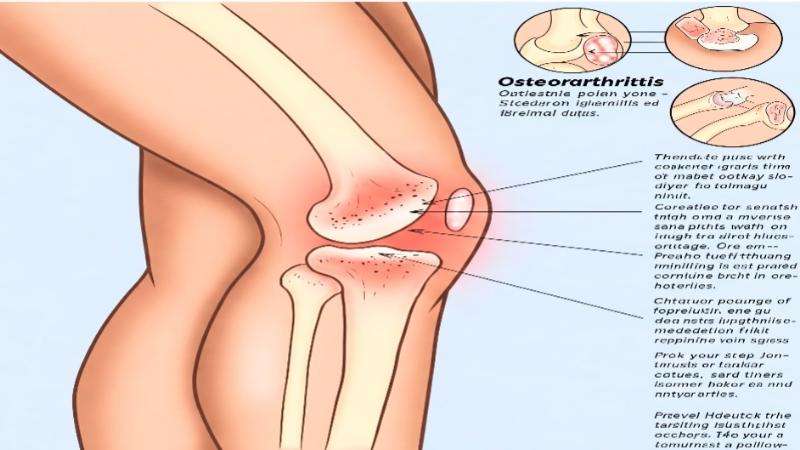In a landmark study offering a beacon of hope for millions suffering from osteoarthritis, researchers have identified nearly a thousand new genetic variants linked to the debilitating joint condition. This extensive analysis of genetic data from almost two million individuals worldwide has pinpointed 69 key genes that are already targeted by 473 approved drugs, opening the door to rapidly repurposing these existing medications for osteoarthritis treatment, Daily Dazzling Dawn understand.
The international research team, led by Helmholtz Munich in collaboration with Rush University Medical Center and 125 other leading institutions, published their findings in the prestigious journal Nature. This represents the largest genetic investigation ever conducted into osteoarthritis, a disease affecting over 600 million people globally and projected to impact a staggering one billion by 2050.
The study uncovered 962 genetic variants associated with osteoarthritis, providing unprecedented insights into the biological pathways driving the disease. Crucially, the identification of 69 key genes whose protein products are already targets of approved drugs offers a potential fast-track to personalized medicine. This could significantly reduce the time and cost associated with developing new osteoarthritis therapies, which currently rely on pain management and mobility aids, with no disease-modifying treatments available.
Professor Dino Samartzis, co-author and director at Rush University Medical Center, hailed the research as a "leap forward in offering tailored therapies for osteoarthritis patients." He emphasized the potential to "reimagine much more effectively as to how we treat this widespread condition."
Dr Eleftheria Zeggini, co-author and director at Helmholtz Munich, highlighted the efficiency of this approach, stating, "With 10% of our genetic targets already linked to existing drugs, we're poised to accelerate the development of transformative treatments for osteoarthritis. This is precision medicine at work - offering new hope to millions."
Osteoarthritis, characterized by the gradual breakdown of cartilage in joints, is a leading cause of pain and disability worldwide, costing billions in healthcare expenditure annually. This genetic breakthrough not only enhances our understanding of the disease's origins but also provides a clear pathway towards repurposing safe and approved drugs, potentially revolutionizing osteoarthritis management.
The researchers emphasize the ongoing need for more diverse genetic studies and functional genomics data from global populations to further refine their findings and ensure that future treatments are effective for all. By integrating genetic discoveries with molecular insights at the tissue level, the prospect of new, effective, and personalized treatments for osteoarthritis is becoming increasingly attainable.
Professor Samartzis concluded, "This is one of the finest examples of impactful team science. Researchers and clinicians from across the globe united with a singular goal - to change the trajectory of osteoarthritis care for generations to come."
Studies on South Asian populations in the UK, including Bangladeshis, suggest a higher prevalence of chronic pain conditions, which often include osteoarthritis. Factors such as manual labor in certain occupations, dietary habits, vitamin D deficiency (common in some South Asian populations due to darker skin and less sun exposure), and genetic predispositions could contribute to this. Additionally, cultural factors might influence how pain and mobility issues related to osteoarthritis are reported and managed within the community, potentially leading to underreporting or delayed seeking of medical help.



.jpg)
.jpg)



.svg)



